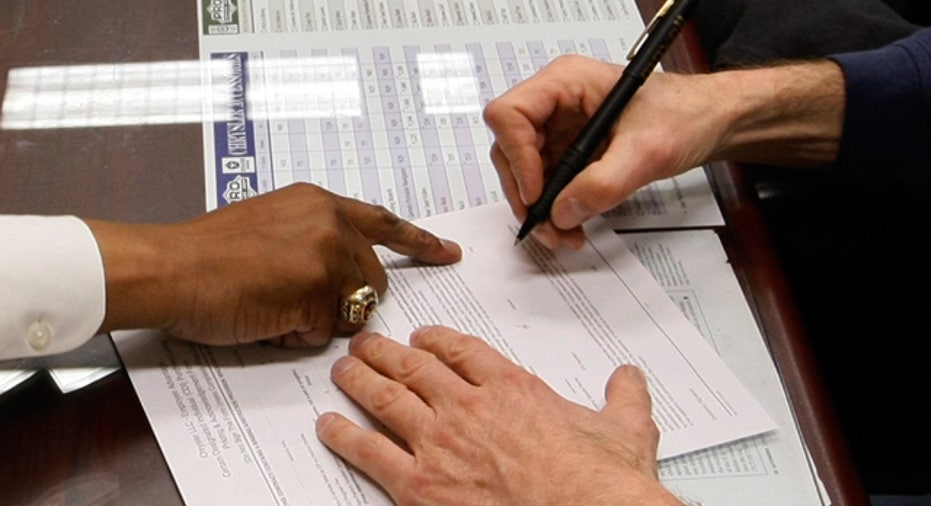Why do I Owe $16K on Settled SBA Loan?

Dear Bankruptcy Adviser, I owned a business that closed nearly three years ago. I settled with the Small Business Administration, or SBA, on a loan that I got to start the business. But recently, I was notified by a debt collector that I owe the U.S. Department of the Treasury more than $16,000. I called the SBA for a month trying to get answers.
First, I don't understand how this could happen. I know I am uneducated in these matters, but I thought it was settled. Next, I simply do not know what to do. I am a single mom going to school full time and am trying to find employment. I did not declare bankruptcy personally or for the LLC. -- Edie
Dear Edie, Settling a debt is not always the end of the potential liability from that debt. It sounds like you are now dealing with personal income tax liability resulting from the loan settlement. This is an issue with all loans or credit card debt.
Most people do not completely understand what goes into a Small Business Administration loan. The common misperception is that you're borrowing money from the federal government to fund your business. In fact, you are actually applying for a loan at your local bank or credit union, and the SBA is guaranteeing you'll repay the loan.
If you apply for a loan at Main Street Bank U.S.A., the bank lends you the money knowing it will be reimbursed by the SBA in the event you default on the loan. The bank extends you credit and receives some reassurance by the SBA that in the event of default, the U.S. government will pay back some of the money it lent. The SBA usually does not guarantee payment of the entire loan.
To protect itself, the bank also requires that you personally guarantee the loan. This means you are pledging as collateral any of your business assets and sometimes personal assets such as your home.
In your case, you defaulted on the loan and settled with the bank, meaning you agreed to pay less than what you originally agreed. This is a "cancellation of debt" and can be considered personal income. Personal income must be reported on your income tax returns. The bank notifies the Internal Revenue Service and issues you a tax document called a Form 1099-C, Cancellation of Debt.
For example, say you borrowed $50,000 and reached a settlement with the bank to pay $10,000. The $40,000 difference can be considered taxable income to you personally.
At this point, consult with a competent tax professional to determine whether you qualify for an exception. If that person says you don't qualify, make sure to ask another professional to confirm it is true.
In the event that you are liable, contact the IRS immediately. While penalties and interest might still accrue, the IRS could put you in "noncollectible" status while you finish school and until you return to the workforce. That will keep the IRS from trying to aggressively collect from you. You will then need to contact them and establish a repayment plan once you return to work.
Bankruptcy may be an option, but you will need to determine when the tax can be discharged. A competent bankruptcy attorney can review your tax account transcripts to determine whether bankruptcy will eliminate the tax liability.
Bankrate's content, including the guidance of its advice-and-expert columns and this website, is intended only to assist you with financial decisions. The content is broad in scope and does not consider your personal financial situation. Bankrate recommends that you seek the advice of advisers who are fully aware of your individual circumstances before making any final decisions or implementing any financial strategy. Please remember that your use of this website is governed by Bankrate's Terms of Use.



















